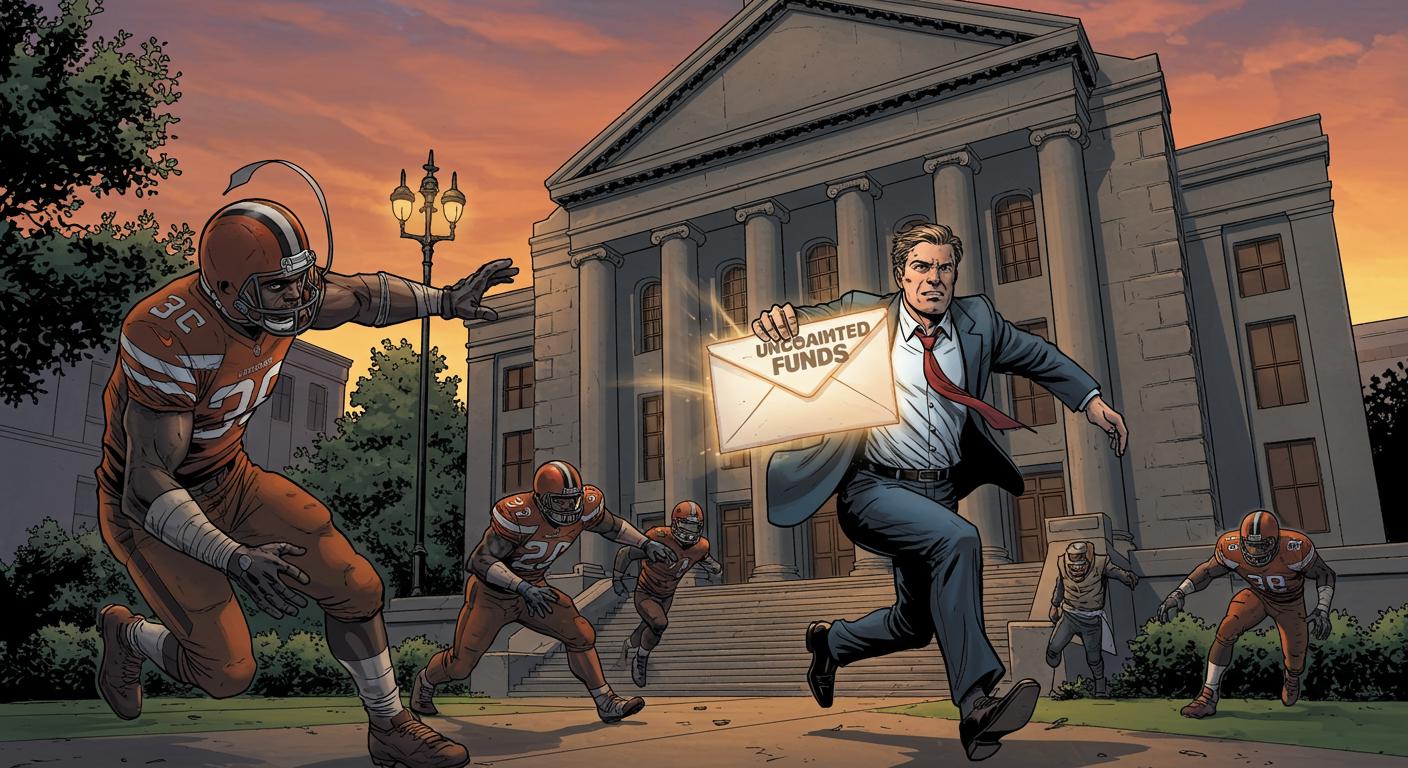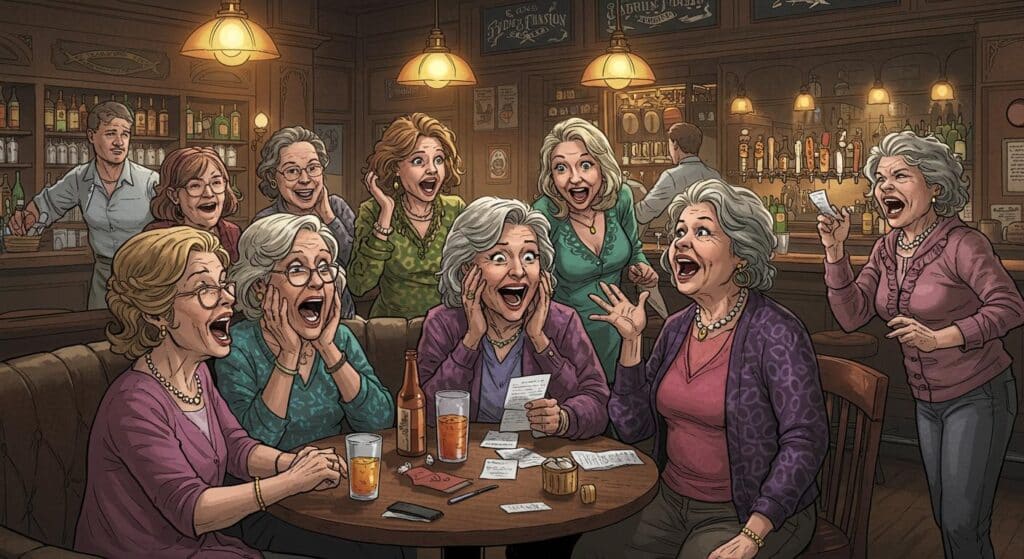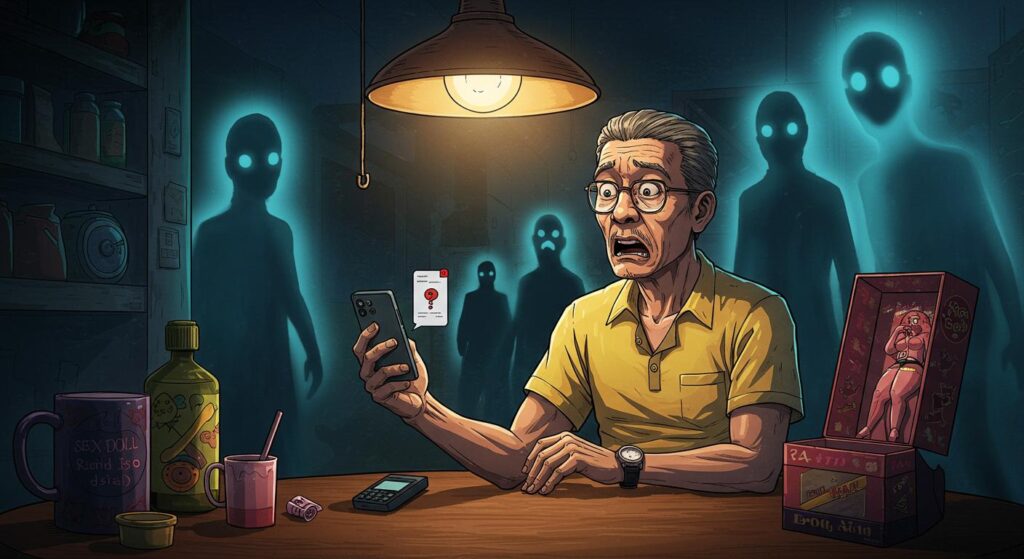Every so often, a government decision manages to blend the edge of satire with the mechanics of bureaucracy—a kind of high-wire act in public finance. Ohio’s latest stadium plan falls squarely in that category. Picture this: the collective mislaid spare change of millions may soon help bankroll a brand-new Cleveland Browns stadium. Not through higher taxes or ballot measures, but by quietly tapping a treasure chest of forgotten accounts, dormant deposits, and uncashed paychecks. Did anyone have “accidental NFL investor” on their Ohio resident bingo card?
How Ohio’s Unclaimed Funds Became Football Fodder
Unclaimed funds aren’t so much a rainy-day fund as a dusty attic for the state’s financial leftovers. According to NBC4, the Ohio Department of Commerce’s Division of Unclaimed Funds is currently sitting on $4.8 billion—yes, billion with a “B”—in silent assets from dormant bank accounts, lost utility deposits, unredeemed wages, and more. Earlier this year, the department enthusiastically rolled out a revamped website to help people search for and reclaim their old money. Picture the interface: “Lost a check in 1997? There’s a portal for that!”
But before the digital confetti could even settle, the state legislature hustled through a budget giving Governor Mike DeWine the authority to redirect $1 billion of these sleeping assets to “cultural and sports facilities.” The main beneficiary? The Cleveland Browns, whose owners (Jimmy and Dee Haslam) now stand to collect $600 million of unclaimed Ohioan cash to build a state-of-the-art indoor stadium in Brook Park, just outside downtown Cleveland. NBC4 underscores that this move is being billed by DeWine as a taxpayer-friendly innovation because, technically, it spares the general fund.
DeWine, in remarks highlighted by NBC4, cast the plan as a win for Ohio’s quality of life: not only will it support stadium construction, but also symphony halls, playhouses, and other cultural venues. One can almost imagine the PowerPoint slide: “From Overlooked Overtime Wages to Orchestral Overtures!”
Not Everyone’s Cheering: Lawsuits and Legislative Doubts
The shifting of dormant funds into a stadium project—especially one owned by billionaires—has, perhaps unsurprisingly, prompted a legal blitz. As described in the Columbus Dispatch, former Ohio attorney general Marc Dann and former state representative Jeff Crossman have announced they will sue to block the Browns stadium payout. Their argument is straightforward: these aren’t state funds, but the private property of Ohioans with unclaimed cash, and using the money for a private NFL venue allegedly breaches both constitutional protections and the bounds of legislative power.
“The funds belong to all those hard-working Ohioans across the state with forgotten savings accounts, uncashed checks, or overpaid utility bills,” Crossman stressed during a press event, as the Dispatch details. Dann went a step further, suggesting the deal was “an abuse of legislative power,” with the phrase “$300,000 in contributions for $600 million in other people’s money” quietly floating in the air.
Ohio lawmakers, meanwhile, seem largely unconcerned. State Senator Jerry Cirino told reporters—cited in both NBC4 and the Dispatch—that there have been at least a dozen prior uses of unclaimed funds for state purposes, and that none had sparked lawsuits. Senate President Rob McColley has insisted the maneuver rests on “good constitutional grounds,” although a note of hesitancy slipped in from Senate Minority Leader Nickie Antonio, who told the Dispatch that this is the first time unclaimed funds might be handed to a private enterprise rather than kept within state holdings. Is the difference academic, or potentially a legal game-changer?
Adding a dash of statistical rain, a nonpartisan Legislative Service Commission report—referenced in NBC4’s coverage—concluded that there are “little to no tangible impacts” of major sports teams or facilities on local economic performance. This is the fiscal equivalent of a vending machine eating your change: disappointing, but somehow expected.
The Art of Finding (or Losing) Your Windfall
Worth pausing for a moment to appreciate the comedic timing: Ohio’s new and improved unclaimed funds claim site debuted just months before the budget’s sleight of hand. As outlined in the NBC4 article, searching and claiming those funds now requires a few straightforward steps: log into the state’s system, upload necessary paperwork, and verify your right to those stray dollars.
It’s a well-oiled process—provided you know it exists. The urgency here is not hypothetical. NBC4 puts it plainly: while the new stadium funding bill doesn’t technically remove your right to claim your lost money, no one wants to test whether bureaucratic intent and practical outcomes are always in sync. In a bit of quiet irony, anyone slow on the search may just find their funds have already been blitzed to the Browns’ next starting lineup.
Whose Money Is It, Anyway?
The stadium plan leaves behind more than just architectural blueprints. It raises questions worthy of a library’s rare books room: If you forgot about an old bank account, is it still “yours” when the government spends it to, say, improve Jimmy Haslam’s odds of getting a playoff win? When lawmakers point to historical precedent for dipping into the unclaimed fund (as Cirino did), is subsidizing a privately owned NFL team truly analogous to temporary state obligations or disaster relief?
Both the NBC4 and Dispatch reports note that the intention isn’t to strip claimants of their rights, but the lesson seems to be subtle: if you’re ever inclined to leave a $6 rebate check uncashed, you may want to reconsider. After all, today’s ignored check could be tomorrow’s contribution to the viaduct in a luxury NFL suite.
And if we’re being honest, there’s something almost charming about the state elevating lost-and-found money to the status of civic engine fuel. But one has to wonder: is this creative budgeting or simply wishful thinking with extra steps?
The Strange Fate of Forgotten Funds
In the end, whether this budget measure holds up in court or melts under legal scrutiny, it sits neatly at the junction of the odd and the ordinary. Ohioans, as reported in both NBC4 and the Dispatch, are encouraged to check the unclaimed funds website. Maybe lurking in the digital sofa cushions is a sum you’d prefer to put toward your own adventures—rather than stadium seating for thousands.
So next time you stumble across an obscure reimbursement from a utility company or an uncashed dividend check in a desk drawer, would you feel a little differently knowing it’s destined not for the abyss, but the end zone? In a world where policy, private enterprise, and the public purse swirl together, the fate of the humble lost dollar turns out to be stranger—and far more ambitious—than fiction.







